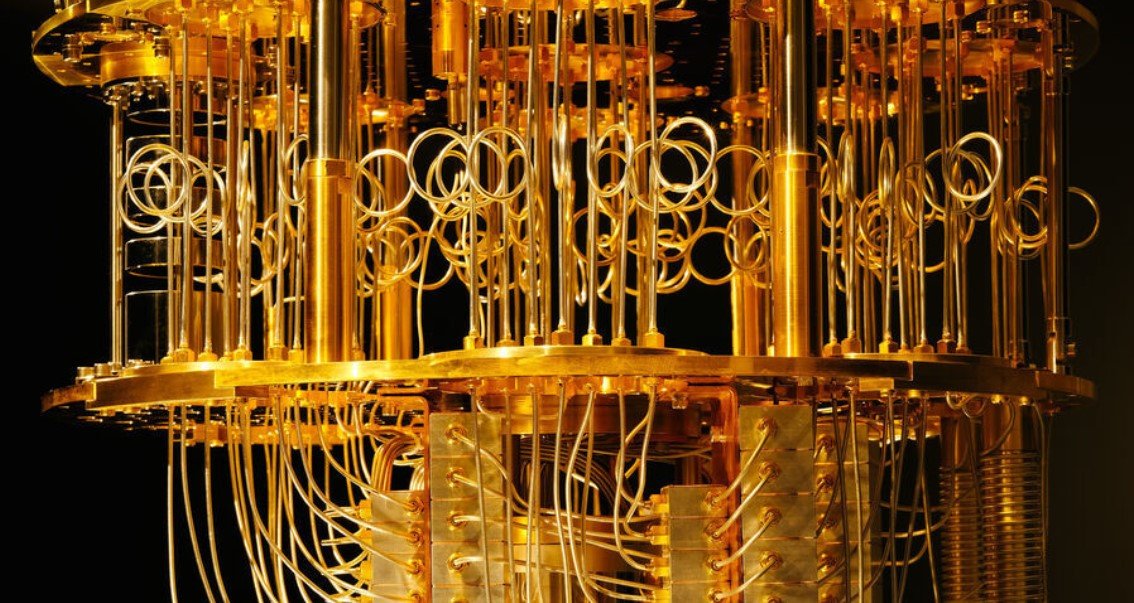In an unprecedented advancement, Microsoft and Quantinuum have announced a significant breakthrough in quantum computing, marking a pivotal moment in the race towards a new era of computational power.
The Quantum Race Accelerates
Quantum computing has long been heralded as the next technological revolution, promising to solve complex problems beyond the reach of classical computers. The recent announcement by Microsoft and Quantinuum signifies a leap forward in making this promise a reality. By successfully applying an error-correction algorithm to physical qubits, the collaboration has produced a small but powerful array of reliable qubits, a foundational step towards functional quantum machines.

The implications of this breakthrough are profound. Quantum computers operate on principles that allow them to process vast amounts of data simultaneously, offering unprecedented speed and efficiency. This could transform fields such as cryptography, materials science, and drug discovery, where traditional computers struggle with the computational load.
Navigating the Quantum Landscape
The journey to this point has not been without challenges. Quantum bits, or qubits, are notoriously delicate, prone to errors that can derail calculations. Overcoming this hurdle required innovative thinking and precision engineering. Microsoft’s algorithm, when applied to Quantinuum’s qubits, demonstrated a remarkable improvement in reliability, reducing the error rate significantly and setting a new standard in the field.
This development is not just a technical victory but also a strategic one. As nations and corporations vie for supremacy in quantum computing, the ability to produce reliable qubits is a competitive edge. It positions Microsoft and Quantinuum at the forefront of a global race, one that could redefine technological dominance in the coming decades.
The Future Unfolds
What does this mean for the future of computing? The potential is staggering. Quantum computers could unlock mysteries of the universe, from the inner workings of the human brain to the complexities of climate change. They could also pose new challenges, particularly in cybersecurity, as their power could render current encryption methods obsolete.
As we stand on the cusp of a quantum era, the collaboration between Microsoft and Quantinuum serves as a beacon of progress. It is a testament to human ingenuity and a reminder that the boundaries of technology are there to be pushed.



































